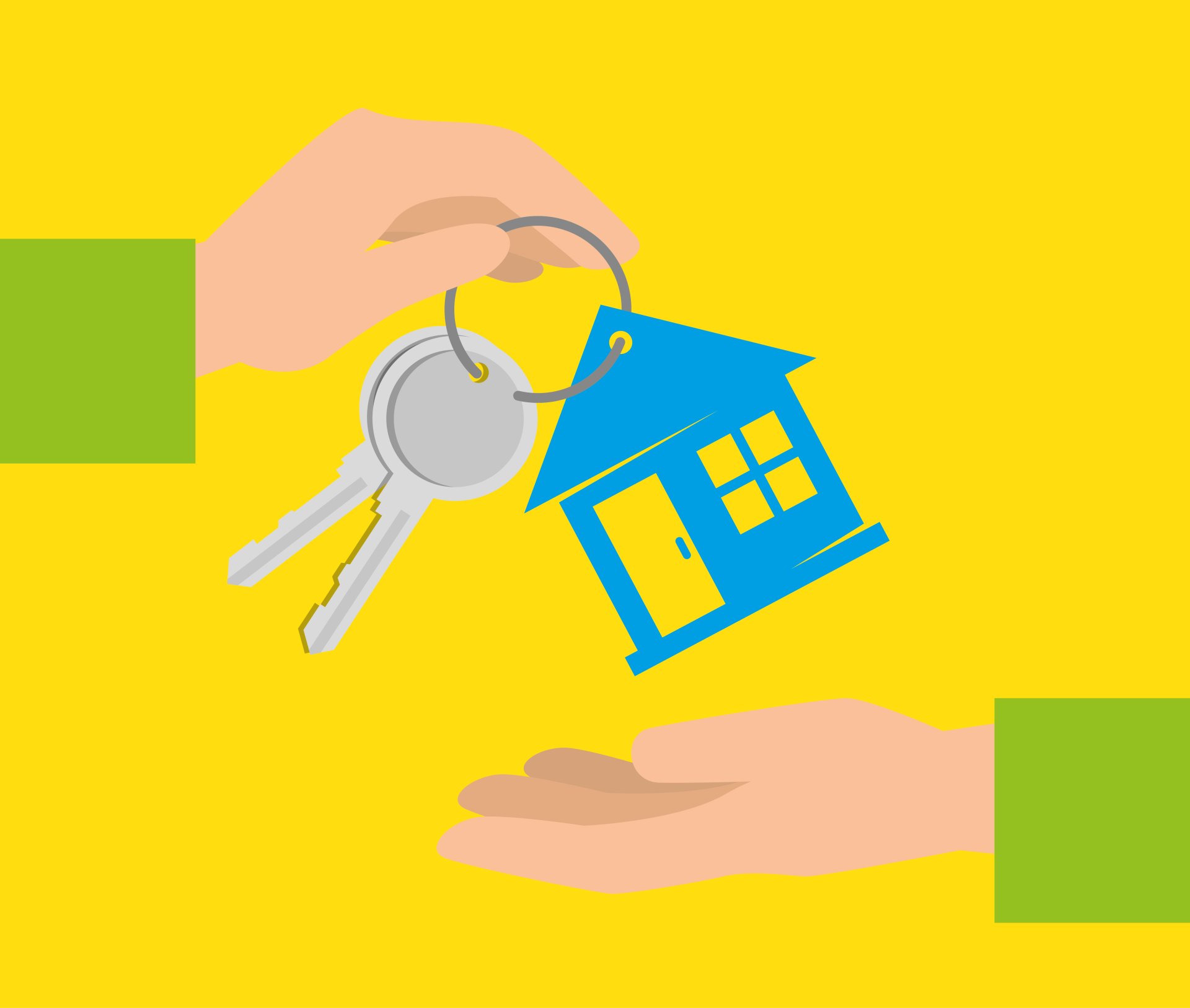The Legality of AirBnB in Thailand

Thailand was one of the most popular tourist destinations prior to the outbreak of COVID-19, which had a significant impact on the number of arrivals. The situation has improved during the course of 2022 and questions surrounding the legality of Airbnb are once again the subject of discussion. We will look at some of those questions in more detail here.
WHAT KIND OF SERVICE DOES AIRBNB PROVIDE?
Airbnb is a service that provides lodging by bringing together home owners, often known as hosts, and guests. Hosts rent out their properties by listing them on the Airbnb website, while guests use the site to select a property. In contrast to hotels, the majority of listed properties in Thailand are residences, providing guests the feeling of "staying at home." It is possible for hosts to stay at the house, prepare meals for guests, and converse with them, allowing for the exchange of cultures and ideas. Airbnb is a popular option for vacationers since it provides the opportunity to learn about the local culture, in addition to its (mostly) lower prices when compared to hotels.
IS IT LEGALLY PERMITTED TO "AIRBNB" YOUR PROPERTY IN THAILAND?
The Hotel Act of 2004, which specifies that it is illegal to operate a hotel business without a license, is the most important piece of legislation when considering this question. The Act defines a 'hotel' as an entity established for the purpose of providing tourists with temporary lodging in exchange for money.
According to the Hotel Act, renting out your home on Airbnb or "Airbnb hosting" is, on its face, operating a hotel business. Without the required license from the hotel registrar, an Airbnb host is subject to imprisonment for up to a year or a punishment of up to THB 20,000, in addition to a daily fine of up to THB 10,000 for the duration of the infringement.
So why not simply apply for a hotel license? It is possible to obtain a hotel license, but applicants must go through a lengthy process that includes having a hotel-specific building constructed, installing the requisite sanitary system, having sufficient parking, etc. Moreover, many are familiar with how cumbersome Thai bureaucracy can be.
Therefore, it is unlawful to operate an Airbnb in Thailand without a hotel license, but only if the accommodation does not fall within one of the below exceptions.
NON-HOTEL ACCOMMODATIONS
The Hotel Act exempts the following types of lodging from the definition of hotel and a hotel license is not necessary in these circumstances:
1. A temporary lodging supplied by a government body for non-profit purposes.
2. Long-term accommodation that is a type of lodging intended to be rented on a monthly or longer basis.
3. Other accommodations specified in the 2008 Ministerial Regulation.
Monthly rentals are prevalent and do not require a hotel license. Daily or weekly Airbnb rentals, on the other hand, would not be protected under type 2 because they are short-term rentals, and therefore classified as a hotel. However, according to the 2008 Ministerial Regulation, a rental might be classified as type 3 if it possesses the following characteristics:
• The accommodation (the property) contains no more than four rooms, whether they are located in the same building or in separate buildings.
• The number of guests cannot exceed twenty.
• Payments collected for providing lodging function only as supplemental revenue for the host.
• The host must notify the registrar of the accommodation.
Note that even though accommodation type 3 is exempt from being classified as a hotel, the registrar may reject the notification if the property hosted is a condominium unit. Although the Ministerial Regulation does not directly prohibit condo rentals, it aims to encourage local homestays, and unlike inhabitants of pool villas and single-family homes, condo tenants are readily disturbed by rental operations. In addition, the majority of condos do not accept daily or weekly rentals.
In summary, if it is a long-term rental or a rental as prescribed by the Ministerial Regulation (4 rooms maximum; 20 guests maximum; the accommodation service serving as additional income; it is not a condominium unit; and the registrar has been notified), it is legal to list your property on Airbnb without a hotel license.
COURT DECISIONS ON AIRBNB RENTALS
In 2018, Thai courts gave a number of rulings on the contested legality of Airbnb property rentals. In line with provisions of the Hotel Act, the court determined that daily property rentals without a hotel license constitute a criminal violation. In another instance, the legal entity of a condominium building filed a civil claim for a wrongful act and sought reimbursement from a condo owner who rented out his apartment on a temporary basis. The compensation was granted despite the owner's assertion that he was exercising his right to ownership. The court reasoned its decision by stating that such a right may not be exercised in a manner that deprives other property owners of their rights to safety and a tranquil environment. Even though these decisions were handed down by lower courts and could have been overturned by the Supreme Court if they had been appealed, they indicate possible future outcomes for unlicensed Airbnb rentals.
Please feel free to contact us for advice in relation to compliance with all applicable rules and regulations if you plan to operate an Airbnb or hotel business.


